At Palazzo Marchesale Del Tufo, in the town of Matino (Lecce), the third edition of Yeast Photo Festival - From Planet to Plate, from Sept. 19 to Nov. 3, 2024, is starting. In the new edition of the festival, photographers aim their lens on systems of production, supply chains, consumption that are increasingly altering the complex relationship between man and the environment and delivering to the viewer 15 projects for the first time on display in Italy. We are often unaware of what we eat and ignore that behind a well-known fruit like the avocado there are stories of organized crime and exploitation of water resources. The meat that we consume and often import from Brazil has devastating outcomes on the environment, fueling the climate crisis that in turn forces experimentation with new tropical crops in Sicily. These are some of the reflections that animate the festival.
“For the third edition of Yeast Photo Festival,” says artistic director Edda Fahrenhorst, artistic director, “we are focusing more than ever on the question concerning the impact of individual eating habits on our Planet, and not only that, also on how human food consumption has an effect in the social sphere and, not least, on the growing climate catastrophe. In fifteen works from many countries around the world, different aspects of the issue will be presented to stimulate reflection and discussion.”
The theme of health is the focus of the work of Pablo E. Piovano who has documented the impact of pesticides. In The Human Cost exhibited at Palazzo Marchesale Del Tufo, the Argentine documentary photographer explored Argentina’s North, Central and Coastal regions over three years. The result of his research is a reportage that focuses on and denounces the serious consequences on human health from the use of agrochemicals, such as glyphosate. Where is our food produced? And how is it distributed around the world? In Food for Thoughts on display at Palazzo Marchesale Del Tufo, photographer and filmmaker Kadir van Lohuizen follows the entire process in Kenya, the United States, Saudi Arabia, the United Arab Emirates, China and his home country of the Netherlands, and investigates the impact our food consumption has on the environment, public health and the economy. The Waha project by Seif Kousmate, a visual artist who grew up in southern Morocco, aims to deepen our understanding of life around oases. A 4-year-long work that through new processes and visual narratives aims to understand the complex relationship between humans and their environment. The project is in collaboration with ArtWork and on display in the Cloister of the Ancient Seminary in Lecce. German filmmaker Axel Javier Sulzbacher went to the Michoacán region of Mexico documenting in Green Shades, a work exhibited at the Palazzo Marchesale Del Tufo, not only the devastation of forests cut down to make way for fields, but also the infiltration of drug cartels, attracted by the huge profits generated by the green gold trade and the enormous pressure of extensive avocado cultivation.
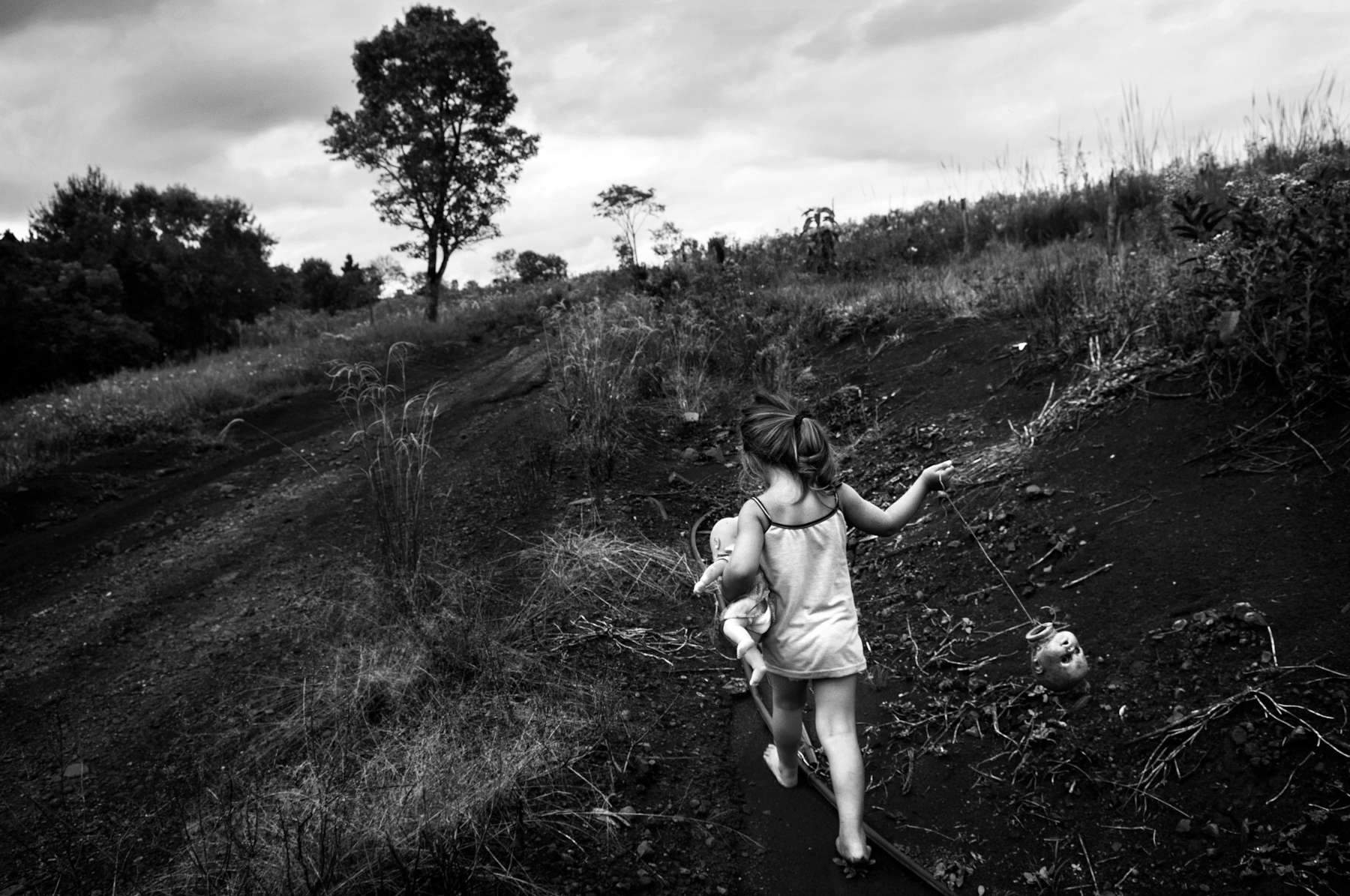
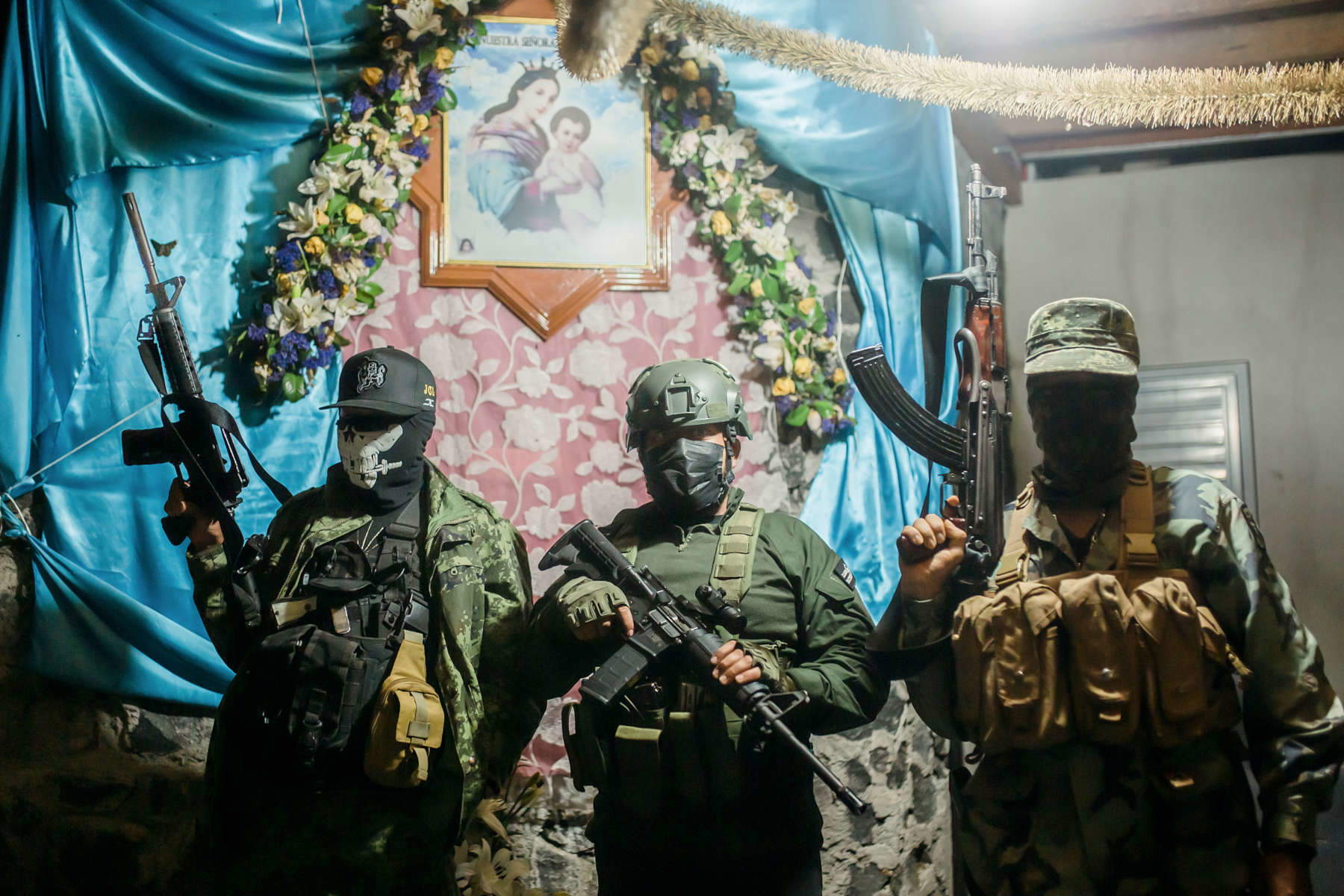
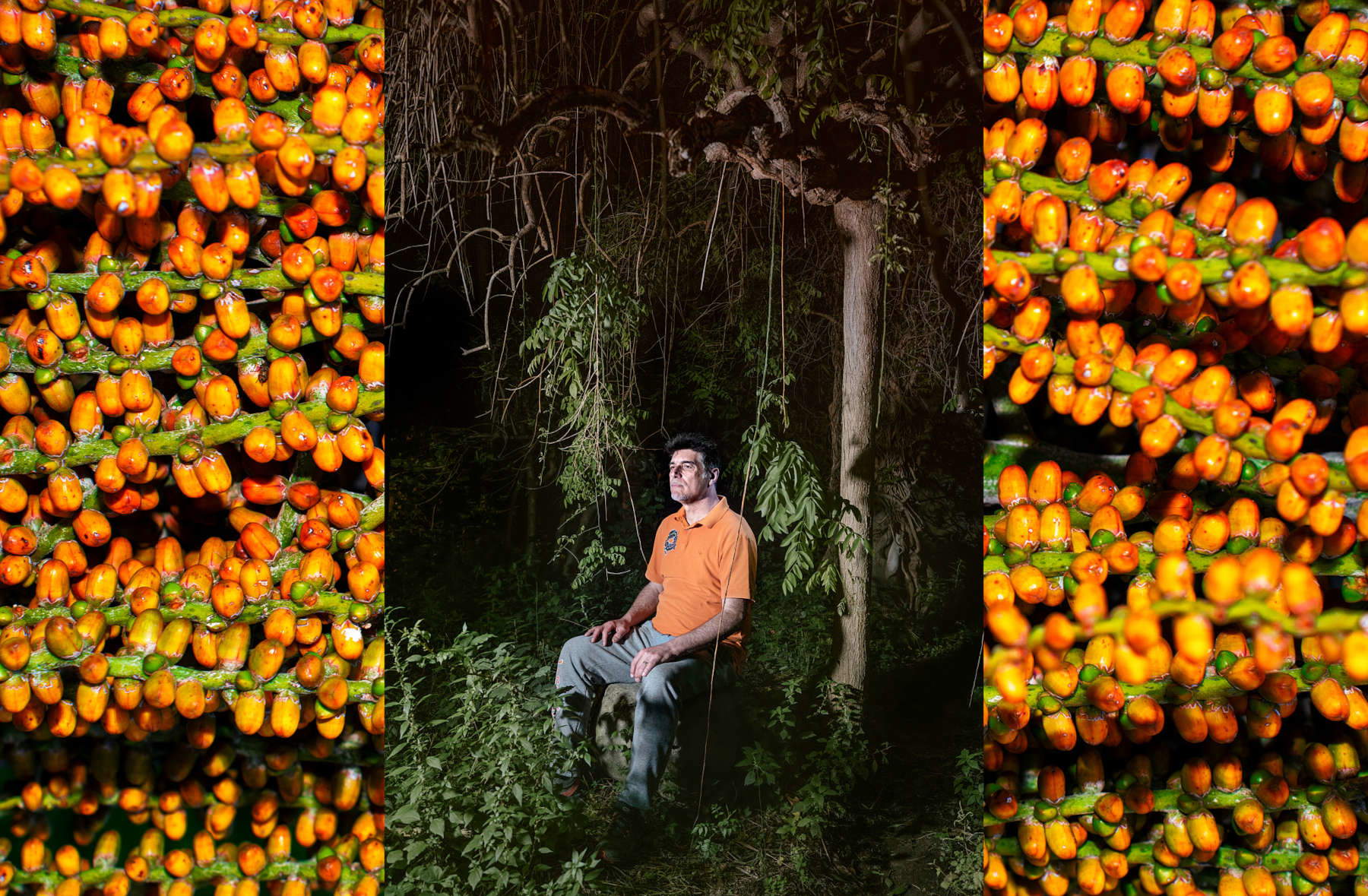
Tropical crops that are also growing rapidly in Sicily as a consequence of adaptation to climate change: this is one of the featured themes of Tropicalia, in collaboration with Cantina San Donaci and Masserie Le Stanzíe in Supersano, a project by photography duo Jean-Marc Caimi and Valentina Piccinni. The photo project, among the finalists in the Environment category, was exhibited at the Museo Diocesano in Milan on the occasion of the traveling group exhibition Sony World Photography Awards 2024. For the first time at Yeast Photo Festival - From Planet to Plate will be featured as a solo exhibition exhibited at Masseria Le Stanzíe. Food production and its consequences on climate are addressed by Carolina Arantes in Holy Cow, curated by Lars Lindemann at Palazzo Marchesale Del Tufo in Matino. The exhibition tells how the meat we eat in the world today is produced and by whom. In fact, one out of every four steaks comes from Brazil, so the meat export industry has a major impact on the environment and food. Last year the Brazilian meat market reached a record $9.75 billion and over 2.25 million tons of meat exported. The relationship between human beings and nature is also at the center of the project on display at the Ex Nau Butcher Shop in Matino, Mijn Duifje (my where / my lovely) - A pact between a man and a bakery by Nynke Brandsma, a Dutch photographer and visual artist. Her work is about judgments, safety, food, possibility, research and, above all, a person’s love for a bird. At Palazzo Scarciglia in Lecce, Merci pour ton agréable visite, les jolies fleurs et les délicieuses fraises, curated by Edda Fahrenhorst & Veronica Nicolardi, in collaboration with Sarah Boutin ’s ArtWork, is also a photographic work. It is a project developed over more than two years with a poetic-documentary approach within the convent of the Sisters of Charity order in Quebec where the Canadian visual artist and researcher had the opportunity to meet a childhood friend of her late grandmother, Jacqueline. The three days spent with her in the convent’s retirement home gave Boutin a chance to get close to a time of past serenity.
Photographic reports of denunciation, stories of the climate crisis, the impact of the food industry on the planet, and stories celebrating indigenous resistance to the devastation of the ecosystem, such as the work The Forest Knows, produced with the contribution of the Municipality of Racale and in collaboration with OTM Company, thanks to the Guglielmo Giordano Foundation and Aboca. It is the story of the Asháninka people of the village of Apiwtxa, told through the shots of Nicoló Lanfranchi, exhibited in the Church of Santa Maria La Nova in Recale. The founders of the village, the Piyãko brothers planted millions of trees while struggling to preserve the land and culture of the Asháninka. A commitment that has allowed them to transform once devastated lands into a lush forest rich in food, fruit and medicinal plants. The village of Apiwtxa has thus achieved food security and autonomy, and its people have been able to maintain a balance between their way of life, their culture and modernity. Also on view at Palazzo Marchesale Del Tufo is Florian W. Müller ’s work presenting CŪ, where different organs and individual parts of an animal are raised on a pedestal and can thus enter into dialogue with the viewer. The photo project, which flanks the image of the heart, was created exclusively for Yeast International Photo Festival. The impact of the climate crisis on the vineyards of Château Palmer is the backdrop from which Henrike Stahl takes her inspiration with L’Arc Sera Parmi Les Nuages, curated by Inas Fayed, on view inside theEx Oleificio Barone in Matino. The German photographer was inspired by the natural methods used by the company: she immersed the prints in wine or water from the nearby Garonne River. Stahl arranged the prints in a wine bottle and then stored it in the cellar with the other containers: her message is for posterity.
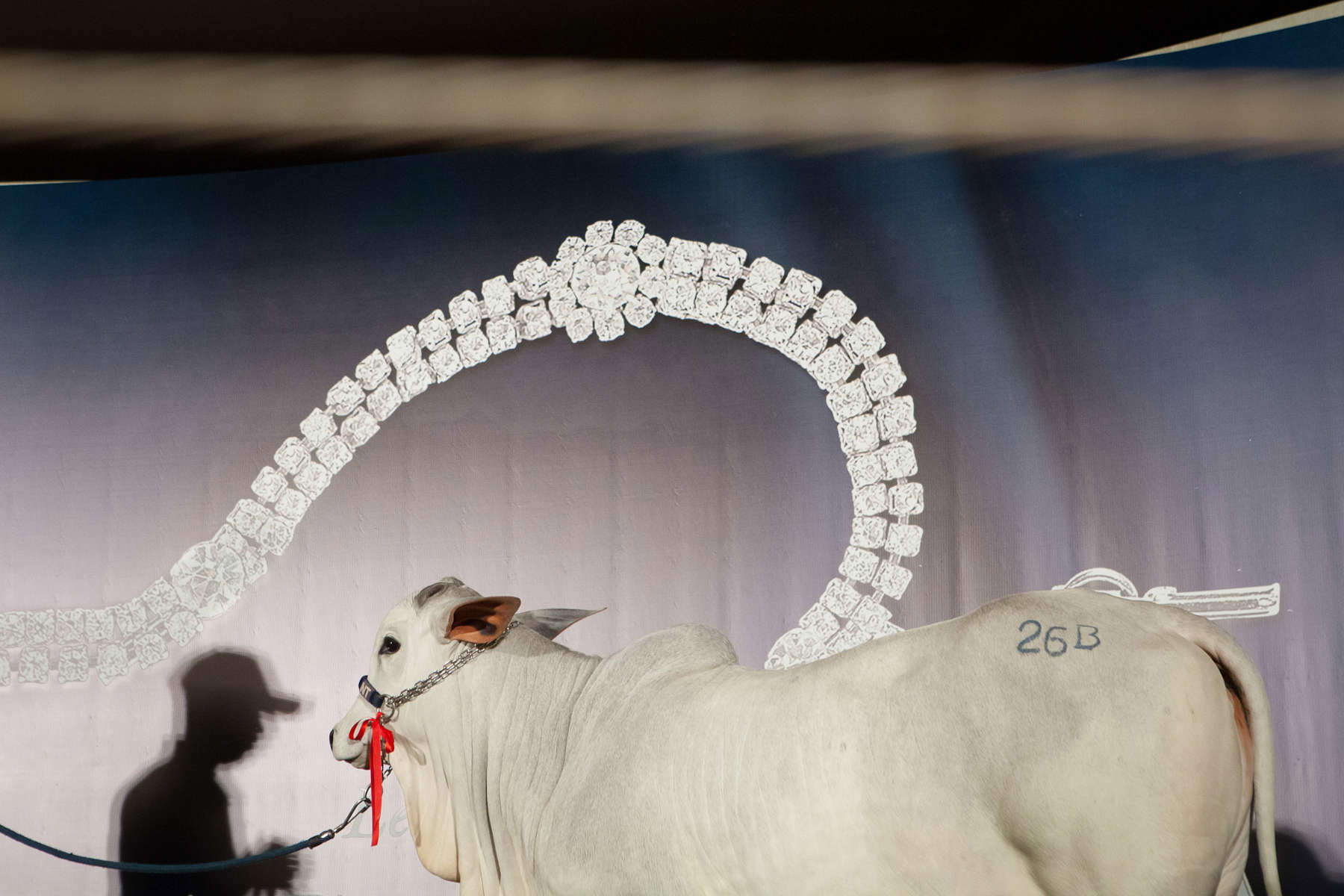
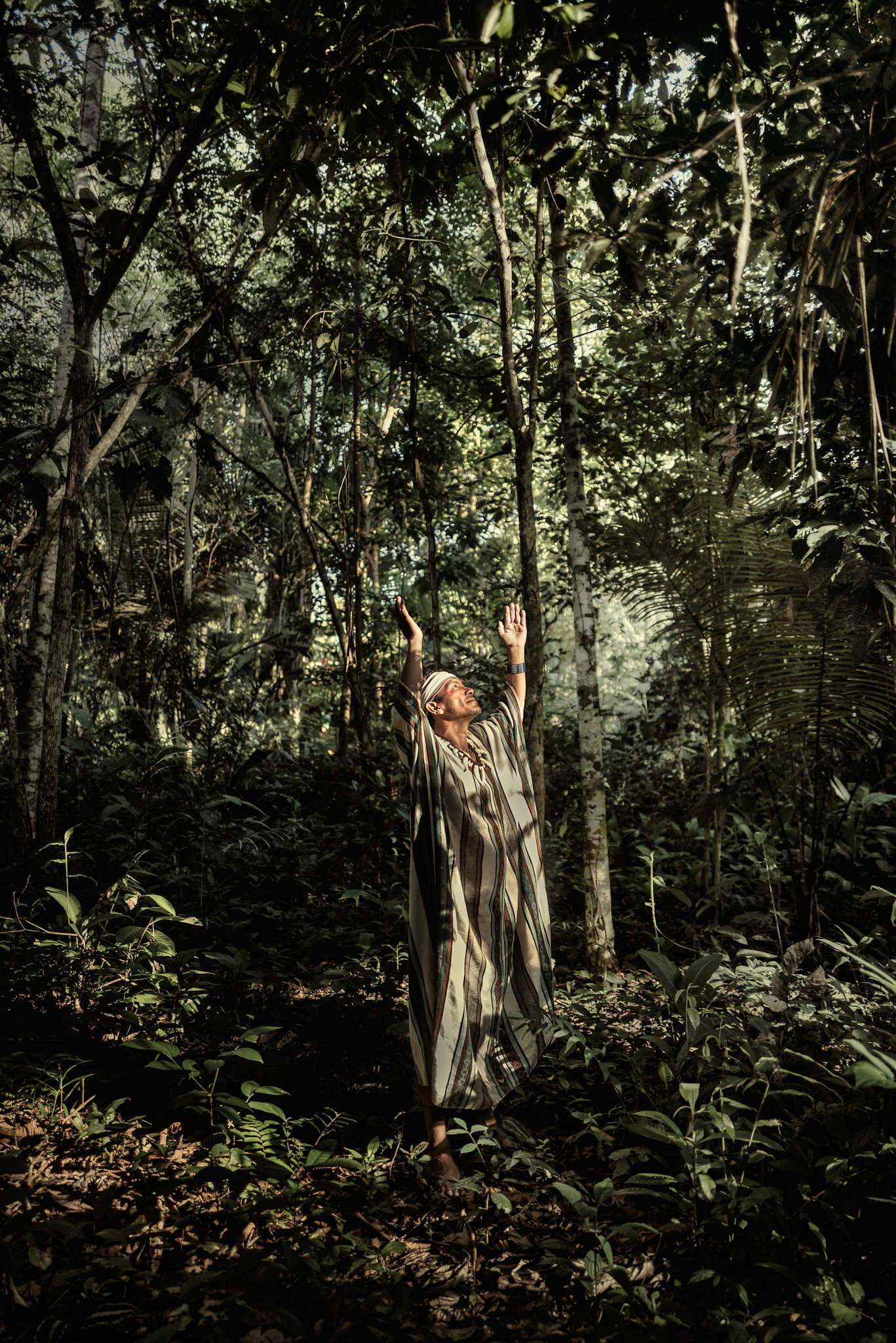
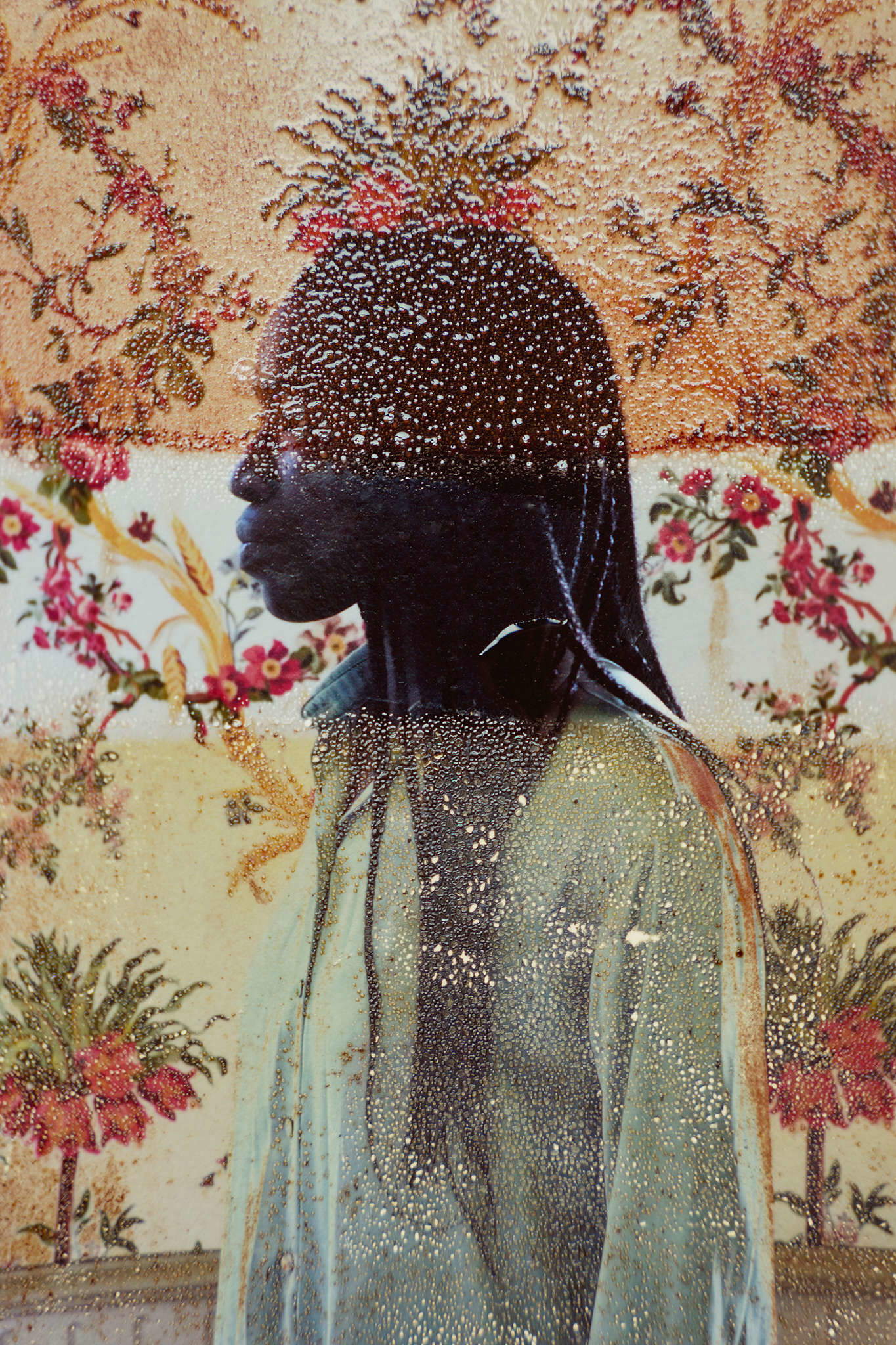
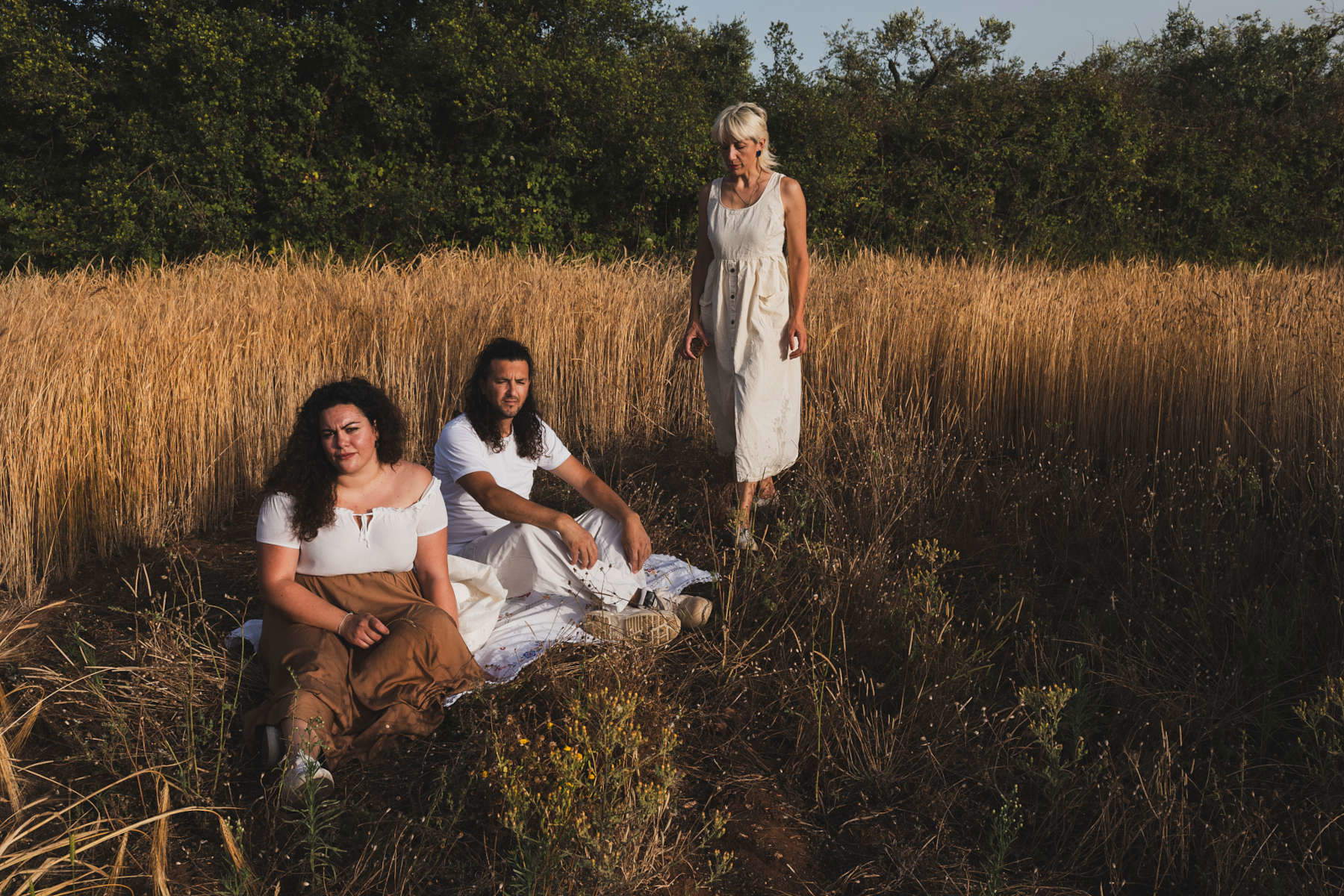
FEAST NO MORE Food Hypertrophy in Jean-Marie Donat’sVernacular Photography Collection, curated by Krzysztof Candrowicz and exhibited at Palazzo Marchesale Del Tufo features the collection of vernacular photographs with a selection of images on display made exclusively for the festival. Lively shots of smiling cows and amused chickens, portrayed on advertising posters, exemplify from the capitalist narrative of consumerist happiness. Kateřina Sýsová offers Kukbuk, a visual guide to Czech culinary culture, in collaboration with Centro Ceco di Roma, the Municipality of Castrignano de’ Greci and Kora Centro del Contemporaneo and the support of ECOSERVIS spol. s.r.o. The images on display inside Kora Centro del Contemporaneo in Castrignano de’ Greci are composed in the form of visual sketches and explore the customs and conventions typical of Czech dining. Sýsová conceives of her photographs as works that can be read from multiple points of view. Alessia Rollo with Don’t Play With Food exhibited outdoors in Matino, explores the different relationships that food can activate, but also understand the various aspects of a place, cultural and social customs, and environmental issues that pass through food. Among the projects of note is still Welcome to Yesterday, the first solo exhibition in Italy by photographer Alexander Yegorov, winner of the IRINOX SAVE THE FOOD Award, in collaboration with MIA Photo Fair and Irinox. The work exhibited in Matino, represents a poetic and visual elaboration on the tradition of coming together to enjoy food. There is no place for conflict when eating together. In this context, photographs of leftovers are proof that something positive is happening, the artifact of the past and hope for the future.
On Saturday, Sept. 21 from 10 a.m. to 1 p.m., Yeast Photo Festival’s portfolio readings return to the Scuderie Hall of the Marchese del Tufo Palace, Piazza San Giorgio in Matino. All members will have the opportunity to present their work to national and international photo editors and professionals. An opportunity to understand how to move in today’s photographic landscape. This edition’s “readers” are Krzysztof Candrowicz, interdisciplinary curator, sociologist, researcher, project facilitator and activist. Co-founder and member of the Foundation of Visual Education and Fotofestiwal in Lodz, former director of the Art Factory and Lodz Art Center in Poland. Claudio Composti, founder and artistic director of mc2gallery in Milan, a gallery specializing in photography and founder of the Periscope Photoscouting online platform for the discovery and enhancement of young photographic artists, both Italian and international. Veronica Daltri has worked as photo editor for Internazionale magazine and now at the daily newspaper il manifesto, where in addition to the newspaper, she follows the online photography section. She often collaborates with the publishing house Rvm and other independent entities.
The first day of the festival will also be presented with an opening conference (6 p.m.) at Palazzo Scarciglia in Lecce where the co-directors of the festival, Flavio&Frank and Veronica Nicolardi, artistic director Edda Fahrenhorst, Dario Babbo - vice president ArtWork, Don Antonio Montinaro - president Fondazione Splendor Fidei, Johnny Toma - mayor of the Municipality of Matino, and Canadian photographer Sarah Boutin will speak. The event is realized under the patronage of the Ministry of Culture, Apulia Region, Province of Lecce, Municipality of Lecce, Municipality of Matino, Municipality of Racale, Municipality of Castrignano de’ Greci. Official Partner is Cantina San Donaci. Main Sponsors are Banca Popolare Pugliese, SPS Manifatture, GialPlast, Officine Tamborrino, CAM - Mercedes. The festival is accompanied by the Yeast Photo Festival 2024 catalog . Edited by Edda Fahrenhorst, published by OTM Company srl.
For information see www.yeastphotofestival.it
Hours:
Cloister of the Ancient Seminary, Lecce - Daily 9 a.m.-9 p.m.
Palazzo Scarciglia, Lecce _ Daily 10 a.m.-4 p.m. (times pending confirmation)
Church of Santa Maria La Nova - Racale (Le) - Closed Monday; Tuesday through Friday 4-7 p.m.; Saturday and Sunday 10 a.m.-12:30 p.m. and 4-8 p.m. (hours pending confirmation)
Matino Exhibitions - Monday closed; Tuesday through Friday 4-7 p.m.; Saturday and Sunday 10 a.m.-12:30 p.m. and 4-8 p.m.
Kora Centro del Contemporaneo, Castrignano de’ Greci - Monday closed; Tuesday and Wednesday 10am-6pm; Thursday and Friday 10am-8pm; Saturday and Sunday 6pm-10pm
Rates:
Full: 10 €
Reduced: 8 €
 |
| Salento, kicks off the third Yeast Photo Festival: the theme is the impact of our eating habits |
Warning: the translation into English of the original Italian article was created using automatic tools. We undertake to review all articles, but we do not guarantee the total absence of inaccuracies in the translation due to the program. You can find the original by clicking on the ITA button. If you find any mistake,please contact us.